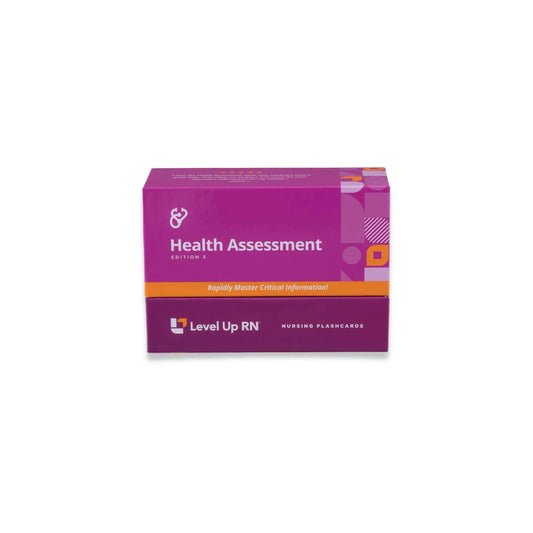What is a Nurse’s Brain?
A Nurse’s Brain is a term for a piece of paper, or several pieces of paper, that we use to capture really important patient information to keep us organized.
There are sections for key areas like patient history, meds, body systems status, and more.
In addition to being an important tool throughout your shift, your Nurse’s Brain will help you give a good report at the end of your shift, including to your Certified Nursing Assistant (CNA).
In the first video in this series, Cathy walked through her Nurse’s Brain and how to use it. This week, Cathy covers how to give a good report to your CNA.
Giving report to your CNA
Your CNA is your partner, and they are so important to help you care for your patient. They are a vital part of your team. Using what you’ve recorded on your Nurse’s Brain, you can make sure your CNA gets all the information they need when you give a report. When you give a report, think about what the CNA is responsible for, and what information they need in order to take care of the patient safely.
- Patient name & age
- Code status
- Isolation precautions
- Body systems information
- Respiratory - Are they on oxygen?
- Neuro - What is their level of consciousness (LOC)?
- Cardio - Are they on telemetry?
- Mobility - Are they independent, in need of assistance, or on bed rest?
- GU - Are they Incontinent of urine, bowel, or both? If they are using a device, what kind?
- GI - Do they have diet or fluid restrictions?
- Wounds/skin issues
- What do you need the CNA to do today? Specimen collection, bathing, ambulation, etc.
Get your free copy of Cathy's Nurse’s Brain!
Make a copy of this free resource, or you can download it as a PDF.
Get a copy of the original Spreadsheet (Google Sheets)
To edit this Google Doc, select File -> Make a Copy. To save it to your computer, select File -> Download and choose your format.
We've provided a ONE page downloadable Nurse's Brain document. However, some nurses use ½ page or ¼ page for their patients. Feel free to download this document and use it as-is OR make a copy and modify it to meet your needs.
This Nurse's Brain is modeled on what Cathy used in a MedSurg/Tele/Stepdown unit. For Maternal Newborn, you would need something totally different. Check back for specialized Nurse's Brain documents to be added in the future.



2 comments
You are God sent and bless you
Thank you
Thank you Cathy, this is so helpful and thank you for sharing your brain in so many ways! Your flash cards are also super helpful to me. Thanks for all you do to help others be successful!